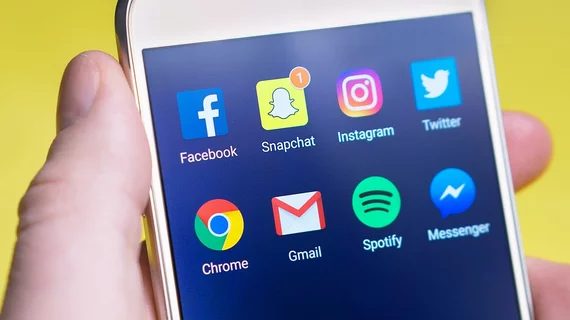Social media ads led 200K patients to unwittingly drop their insurance
Thousands of Americans have fallen victim to scam ads on social media that offered free cash, but once they clicked and signed up, they ended up with a new insurance plan.
According to a report from the Wall Street Journal, because of a 2022 rule from the Centers for Medicare and Medicaid Services (CMS) that allows those who buy insurance through the Affordable Care Act marketplace to change their plan at any time, low-value companies have taken advantage of the situation to sign people up.
While many of us get spam calls and texts offering us insurance, social media ads are beginning to proliferate—and they are even more deceptive than other outreach, presenting themselves as opportunities for consumers to earn money.
According to the Journal, brokers placing these ads get kickbacks for signing people up, allowing them to offer the allure of cash bonuses. In some cases, patients weren’t even aware they agreed to anything until their insurance suddenly changed.
Unsurprisingly, these ads target desperate people with low income, some of whom ended up unknowingly changing their policy multiple times. In many cases, their new plans have worse coverage, resulting in loss of access to healthcare services.
The ads appear primarily on Facebook and Snapchat, offering upwards of $6,400 for users to switch plans.
According to the report, CMS has received more than 200,000 complaints in 2024 alone, signaling a growing problem.
Read the full story in the Wall Street Journal at the link below.

